#Safety
FCA Closes Italian Facilities Over Coronavirus, Ditto for Autotorino Dealer Group
In what is perhaps the shape of things to come here in North America, Fiat Chrysler Automobiles has decided to temporarily close several Italian factories in response to the coronavirus outbreak. Closures will be enacted at Pomigliano d’Arco, Melfi, Atessa and Cassino — with each factory stalled for several days between Wednesday and Saturday.
This comes after FCA took steps to limit the number of people passing through the doors of its Italian offices and factories. Late last month, the automaker issued a letter to suppliers and prospective visitors explaining that it would refuse anyone who recently visited Asia or any of the Italian municipalities initially affected by the virus outbreak. It then set up sanitation sites to encourage employee hand washing while staff attempted to sterilize their respective workplaces — a valiant effort that was probably doomed from the start.
Seeing Ghosts: Self-driving Cars Aren't Immune From Hackers
Autonomous vehicles “feel” the road ahead with a variety of sensors, with data received sent through the vehicle’s brain to stimulate a response. Brake action, for example. It’s technology that’s far from perfected, yet self-driving trials continue on America’s streets, growing in number as companies chase that elusive driver-free buck.
In one tragic case, a tech company (that’s since had a come-to-Jesus moment regarding public safety) decided to dumb down its fleet’s responsiveness to cut down on “false positives” — perceived obstacles that would send the vehicle screeching to a stop, despite the obstacle only being a windblown plastic bag — with fatal implications. On the other side of the coin, Tesla drivers continue to plow into the backs and sides of large trucks that their Level 2 self-driving technology failed to register.
Because all things can be hacked, researchers now say there’s a way to trick autonomous vehicles into seeing what’s not there.
California's Data Privacy Laws Could Stymie Auto Industry's Long-term Plans
Pretty much anytime automotive data acquisition becomes the topic of discussion, we have to take time to mention customer protections and ask where the line for privacy should be drawn. With social media firms making a mint off the process online and automakers conducting major moves to likewise leverage personal data, it’s practically a nervous tic at this point.
Hoping to get out ahead of some of the potential problems arising from issue, California enacted new consumer protection laws that came into effect at the start of the year.
The California Consumer Privacy Act (CCPA) aims to give individuals greater control over the personal data being harvested. Most of this is supposed to be done by allowing consumers to request what kind of information is being collected, ask where it’s going, and the ability request that the subsequent sale or continued acquisition of personal data cease. However, CCPA contains provisions for customers to ask a company to delete all information it has stored on them, as well as rules prohibiting any discrimination related to a person exercising their privacy rights.
Frankly, it all sounds rather good to someone who prattles endlessly about data privacy rights, but it’s also causing problems for the automotive industry.
NTSB: Autopilot Partly to Blame for Fatal Tesla Crash; Video Game Was Playing on Driver's Phone
A report from the National Transportation Safety Board concludes that a fallible driver-assist system, and the driver’s overreliance on it, were the main causes of a fatal March 2018 crash on US-101 in Mountain View, California.
The violent crash of a Tesla Model X that killed a 38-year-old Apple software engineer is a perfect example of both Silicon Valley excess and the teething troubles facing our tech-obsessed world.
U.S. Traffic Deaths Decline for Second Year in a Row
The National Safety Council just released its estimates for U.S. roadway fatalities in 2019, and there’s good news to share. Deaths declined for the second consecutive year. According to the NSC, traffic fatalities reached an estimated 38,800 last year, representing a 2-percent decline from 2018 and and a 4-percent decline against 2017.
While the NSC said the decline came “after several years of spikes,” we found the claim to be mildly misleading. Even though 2015 and 2016 posted meaningful increases in roadway deaths, safer streets have been in fashion since the 1970s. Most years since then have resulted in fewer crashes, with sporadic bad periods sprinkled throughout. If you’re interested in some supporting data from the National Highway Traffic Safety Administration, U.S. roadway fatalities per 100,000 people averaged around 26.01 in 1972. That figure fell to just 10.28 by 2014, with the combined 2015-2016 increases bumping it up to just 11.59 per 100,000 people.
Ohio Self-driving Shuttle Service Stalled After Minor Incident
You may recall the autonomous Linen LEAP shuttle service that launched in Columbus, OH earlier this month. Well, the city placed the program on pause last week because someone fell during an abrupt stop. Smart Columbus, the group responsible for the service, has taken both EasyMile EZ10s off their route for assessment by the manufacturer.
Additional details kept us hip to how the program has done so far. According to local outlet WCMH-TV, the twin shuttles have moved 50 people around the Linden area since launching on February 5th. That averages out to a little more than three riders per day, which we don’t have to tell you isn’t great value for the money when the entire project costs millions. But that was never Smart Columbus’ plan. The intended goal was to connect a subset of carless residents in one neighborhood with essential services and other parts of the city.
That aspect of the scheme hasn’t gone seamlessly, either.
Something to Agree On: Everyone Wants More Autonomous Vehicle Legislation
While the United States has enacted some laws governing autonomous vehicles, the framework is pretty loose. Automakers have a cap on the number of test vehicles they’re allowed to field. They also have to get permission from the National Highway Traffic Safety Administration, but safety reporting is basically voluntary — and there’s plenty of conflict with existing safety standards.
A House Energy and Commerce subcommittee hearing held Tuesday sought to address the issue by gathering input from an array of sources, some of which had conflicting goals. And yet it appears that a consensus has miraculously been reached on Capitol Hill. All sides want more laws passed governing autonomous vehicles, albeit for various reasons. Consumer groups want assurances that AVs will remain safe and service as many people as possible; industry groups want a clearcut regulatory framework they can use to gradually shift test mules into products with more intellectual property protection and less red tape.
GM's Software Recall Just Causing More Brake Problems
General Motors is recalling around 128,500 vehicles in the United States over a previous fix that didn’t work as intended. The cars stem from a larger December callback that aimed, via a software flash, to mitigate braking problems on about 550,000 Chevrolet Silverado 1500, Cadillac CT6, and GMC Sierra 1500 models from 2019. GM says the solution created issues on about a third of them.
The problems are much the same as before. Affected vehicles may have serious braking issues and have their anti-lock braking system (ABS) and electronic stability control (ESC) fail. At least this time the computer will know enough to indicate a problem via the vehicle’s warning lights. In the previous recall, GM said the vehicles’ diagnostic system would not illuminate the instrument cluster to hint that something was amiss.
Driving Dystopia: Mumbai Introduces Signals That Punish Everyone for Honking
India is famous for having some of the most lawless roadways on the planet. While the primary culprit is likely the country’s lax licensing requirements — showing a basic understanding of a vehicle’s controls and the ability to park is about all it takes — the bar has been set similarly low for what’s deemed acceptable outside the classroom. It’s not uncommon to see occupancy limits surpassed, often with excess passengers riding on the outside of a vehicle. Roads and automobiles are also often poorly maintained, encouraging accidents that jam up traffic.
Honking is a problem too, with India’s Central Pollution Control Board banning the practice in several cities for 2017. The group worked off data from 2011 that alleged Delhi’s busiest areas averaged 100-108 decibels of ambient background sound (with some spots going up to 125db). That’s enough to cause physical harm to someone subjected to the noise for just 15 minutes — and most of the sound is believed to stem from persistent honking.
Curb Your Acceleration: Aging Drivers Spur Toyota Into Action
A rising number of elderly drivers — and pedal misapplication crashes — in its home market has compelled Toyota to engineer a solution.
The automaker announced Monday that a new “acceleration suppression function” combining data collected from real-word driving and its existing Toyota Safety Sense suite of driver-assist features will determine, and intervene, when a driver hits the wrong pedal.
Lucky Break: All Northern Ireland Car Owners Get a Pass on Safety Tests After Test Centers Deemed…Unsafe
Northern Ireland has called off all mandated MoT inspections of passenger vehicles after it discovered that its state-run test centers are in worse condition than many of the cars undergoing testing.
It’s a black eye for the Driver & Vehicle Agency, the body tasked with ensuring vehicles meet road safety and environmental standards, but it’s a lucky reprieve for drivers fearing an upcoming test. DVA boss Paul Duffy called the situation “hugely embarrassing.”
Airbag, Seatbelt Fears Lead to 3.4-million-vehicle Toyota Recall
A ghost in the machine that could render passive safety systems like airbags and seatbelt pretensioners useless has infected a range of Toyota models, sparking a global recall of roughly 3.4 million vehicles — some 2,891,976 of those in the United States.
While the suspected fault only rears its head in certain types of crashes, owners would probably prefer their airbags deploy in all major impacts.
QOTD: Turning Down That Ride?
It’s not good to live your life in fear, at least if you can help it. Sometimes there’s no choice but to soldier on with a stiff upper lip, hoping the bombers won’t show up again tonight, but for most of us in the Western world things are pretty okay — regardless of what your coworker posts 18 times a day on Facebook and Twitter.
Yet fear persists in more specific circumstances. One of them may involve a certain vehicle not owned by yourself, but someone you know.
It's a Slow Road to Rear-view Video, but Magna Says It's Ready
Even though automakers routinely preview concept and prototype vehicles with camera mounts replacing traditional side and rear-view mirrors, you’ll have to wait a while before the technology makes its way to production vehicles. While Japan thinks ditching mirrors for a digital display is sugoi (Japanese for hunky-dory), other nations have maintained some amount of trepidation in embracing the technology.
For our purposes, both Canada and the United States have examined the matter, yet neither feels ready to make any industry-altering decisions. Supplier Magna International says that’s okay — it’ll be ready to hook up North America with the applicable hardware when the time comes. Plenty of downsides can be found in swapping out traditional mirrors, offsetting some of the benefits, and lawmakers need to figure out how to manage that when it comes time to redefine automotive regulations.
NHTSA Investigating Another Tesla Crash
Barely two weeks after the National Highway Traffic Safety Administration last opened an investigation into a Tesla crash, the federal agency is once again probing a collision involving a Tesla vehicle — this one a fatal incident.
The agency announced this week that a December 29th crash in Gardena, California that killed two occupants of a 2006 Honda Civic will fall under its purview.



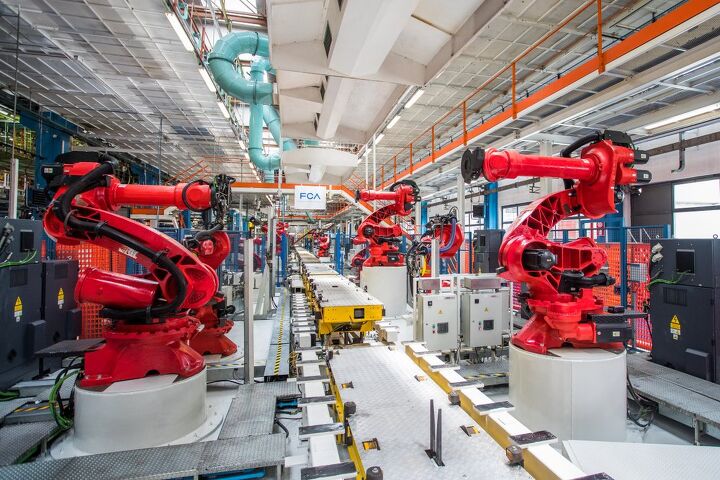
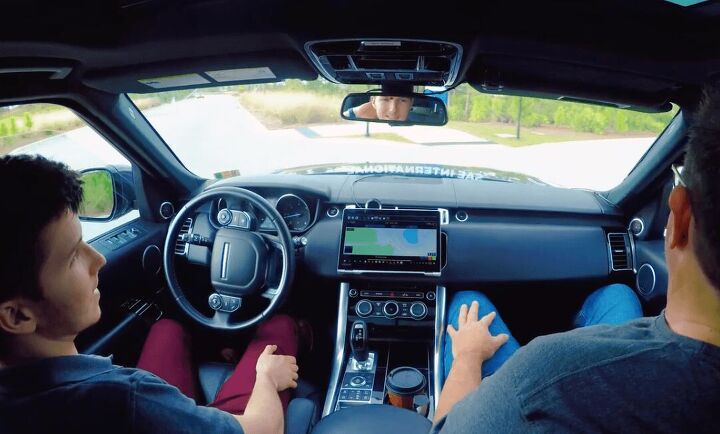

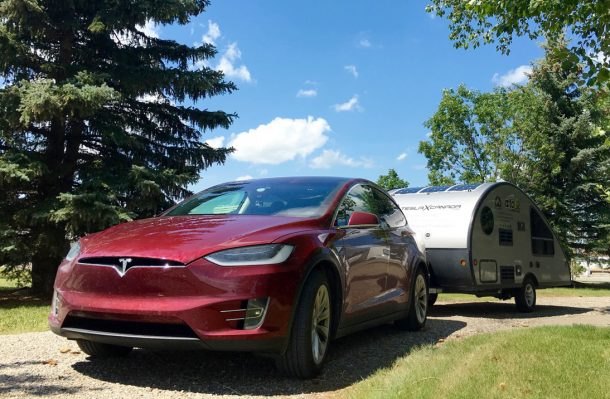


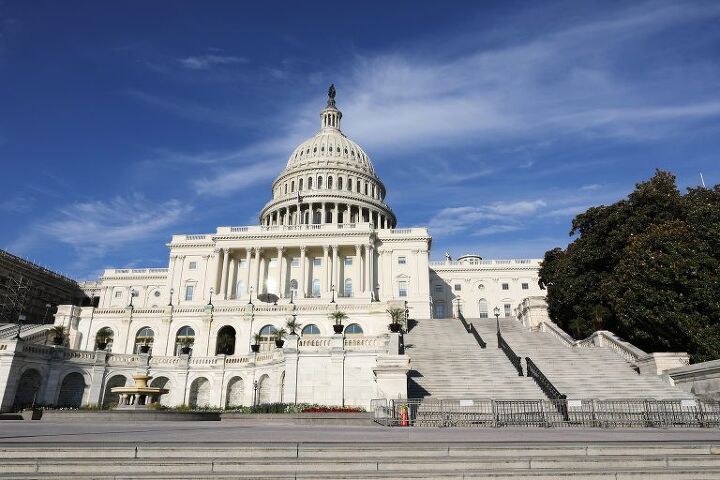
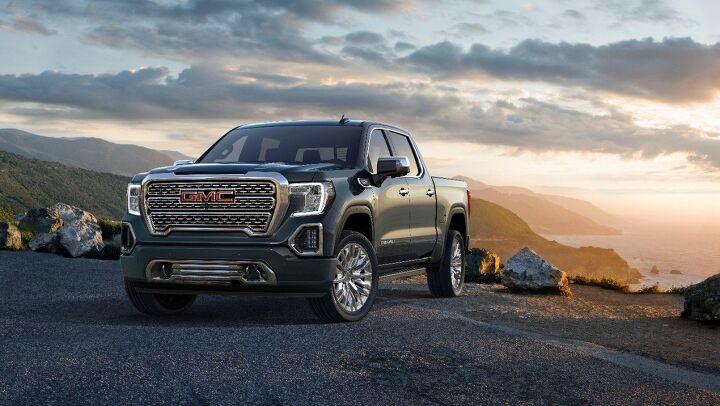
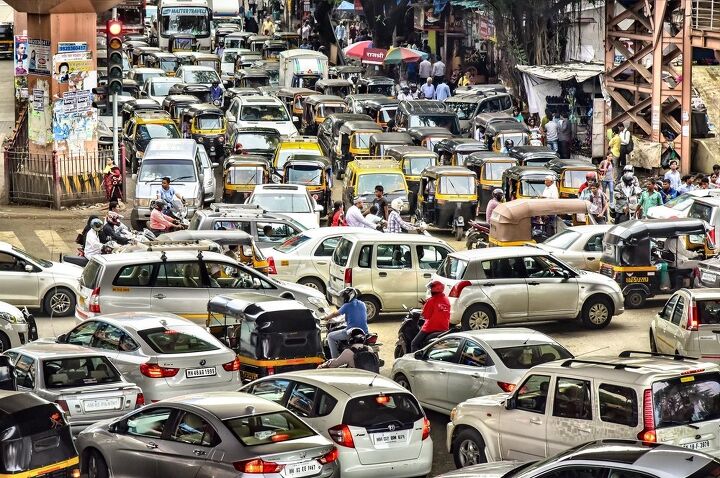


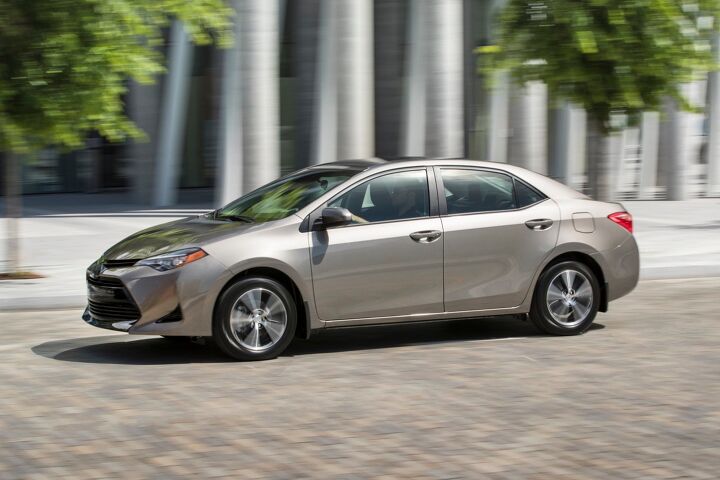

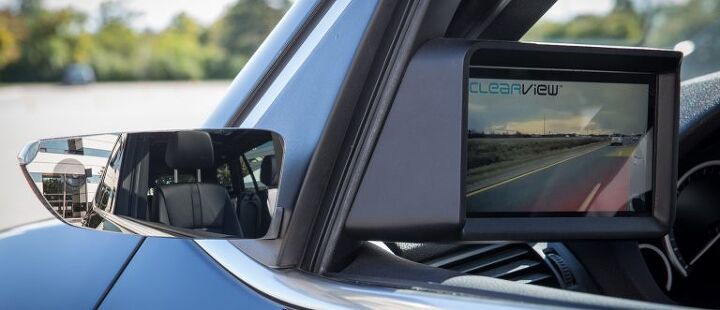













Recent Comments